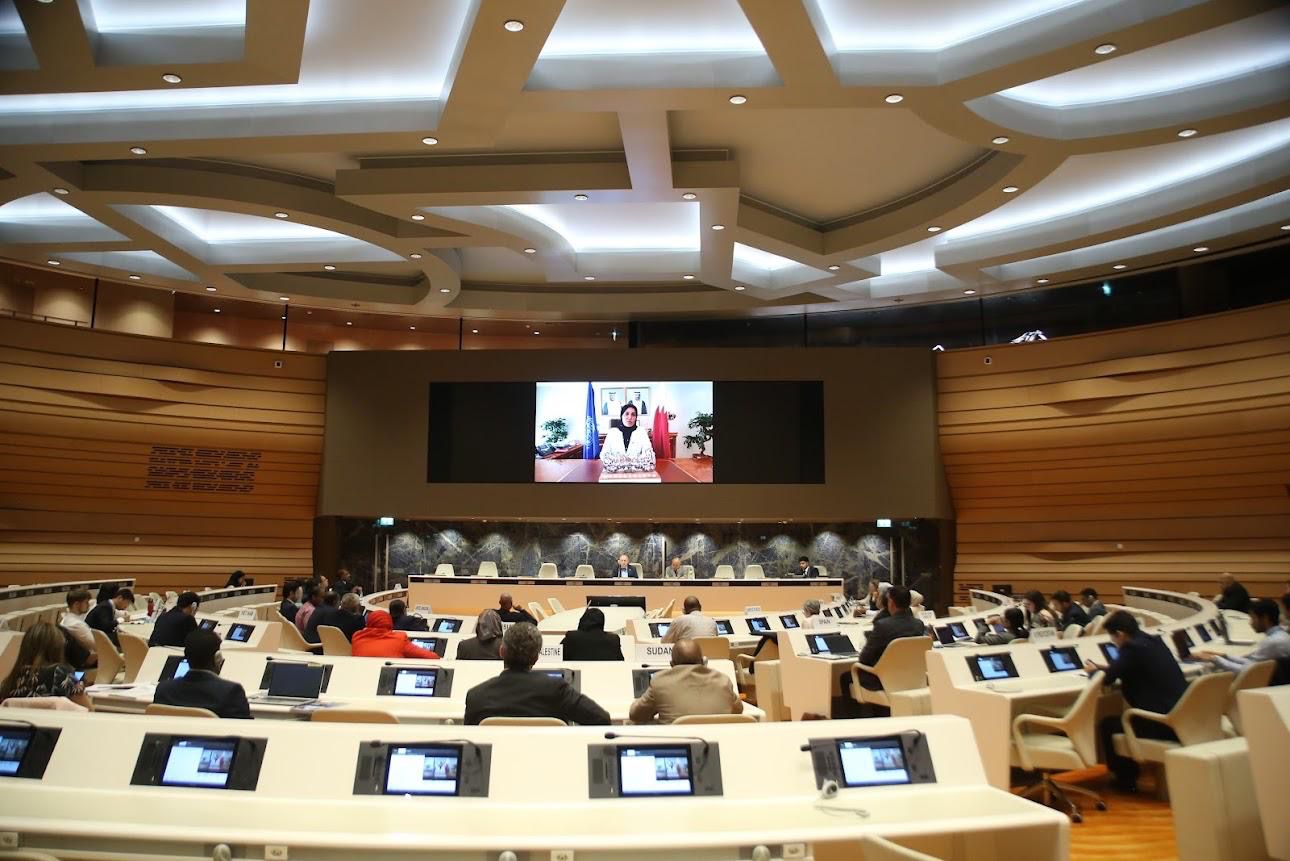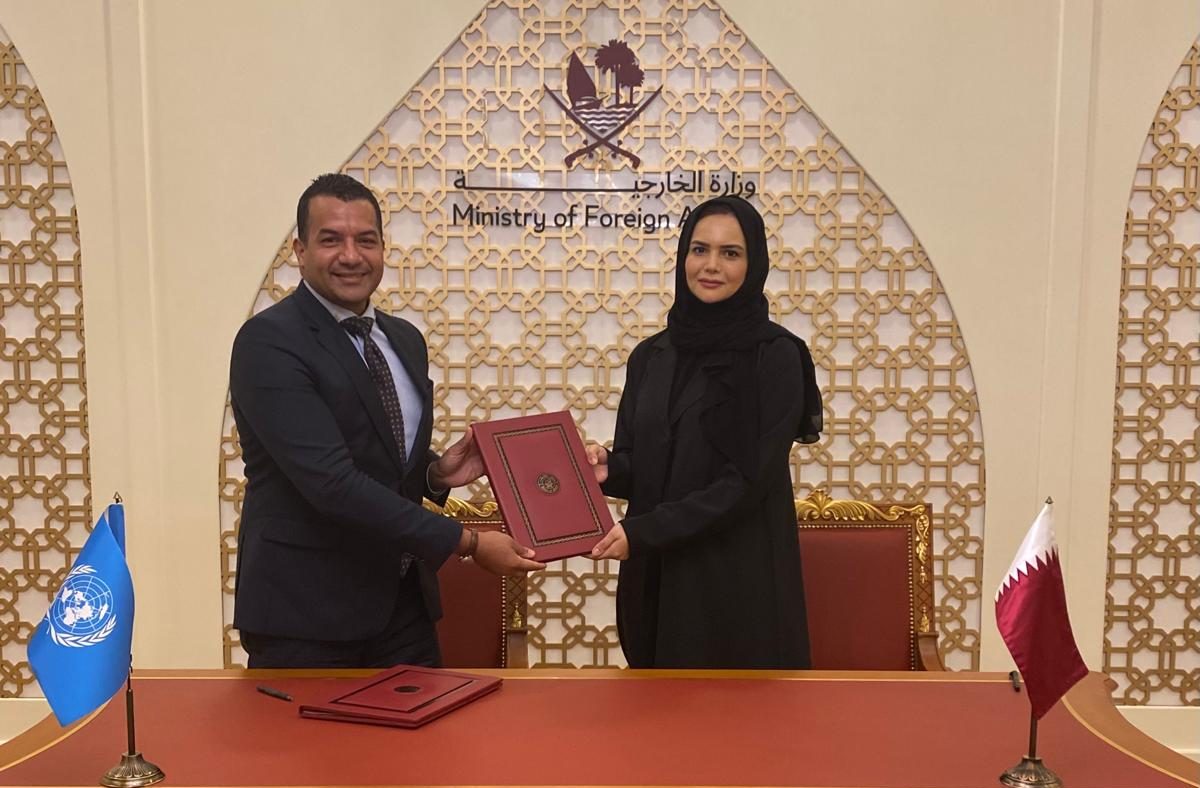
Qatar has retained its spot at the most advanced nation in the region, ranking 31st out of nearly 200 countries for the second year in a row, according to the United Nation’s 2014 Human Development Report (HDR).
Qatar ranked highly in terms of the main criteria – including average life expectancy at birth (78.4 years), education opportunities and gross national income (GNI) per capita ($119,029).
However, several countries with far less average incomes ranked above Qatar, including New Zealand, which came in 7th and had a GNI of $32,569; and Greece, which ranked 29th with a life expectancy of 80.8 years and a GNI of $24,658.

Once again, Norway retained the very top spot, with Australia coming in second and the US and UK maintaining their rankings at fifth and 14th, respectively.
Qatar has scored fairly high on the index since the inception of the index in 1990, but according to the report slipped one spot between 2008 and 2013. The UAE by comparison fell five spots over those five years, and Saudi Arabia jumped 13 spots in the rankings.
Still, Qatar’s rankings in the past few years have been rising. In 2011, it was 37th, and was beat out by the UAE for top Arab country for human development.
However, this year the UAE was 40th, maintaining its 2013 spot. Bahrain was 33rd, Saudi Arabia was 34th again and Kuwait was 36th (down two spots).
Fewer gains
The annual report, which was released last week, revolved around the theme of “reducing vulnerabilities and building resilience.”
It found that many countries are making gains in terms of the quality of human life, but that this growth is slowing for a number of reasons. AP reports:
The report reflects the growing conviction among many working in global policymaking and poverty alleviation that the gains made in the late 20th century risk being eroded by climate change, a global “race to the bottom” by big corporations that is forcing more and more workers to live on less and government budgets “balanced on the backs of the poor,” said Khalid Malik, a lead author of the report.
Despite its high score, Qatar was not immune to certain internal inequalities.
In a separate gender inequality index published in the UN report, Qatar ranked fairly low – 113th out of 187 nations.
Despite a low maternal mortality rate, factors hurting the country in this regard appeared to be the lack of female representation in politics and the workforce.
The report states that less than one percent of women are represented in Parliament (or in Qatar’s case, the elected Central Municipal Council), and that some 51 percent of women are active in the workforce, compared to almost 96 percent of men.
However, in terms of gender development, Qatar scored better, ranking 32nd – though females have a significantly less expected GNI than males ($45,863 versus $141,468).
And in terms of children and youth, Qatar ranked in the top 10 at 6th, in part due to the widespread availability of immunizations, antenatal care and low mortality rates.
Perceptions
In terms of perceptions of well-being, 90 percent of Qatar residents expressed satisfaction with the quality of health care here.
Some 92 percent felt food about safety, and sentiments about trust in the government and leadership also surpassed 90 percent.
But perhaps alluding to the income inequalities mentioned by the report’s authors, only 66 percent of people said they felt good about the local labor market, and only a dismal 23 percent responded affirmatively that people be trusted here.
Looking to the future, the report states that Qatar is projected to be home to 2.8 million people in 2030. It’s home to 2.2 million now, a number that is expected to swell in the coming years and then fall again once major infrastructure projects are completed in the next decade or so.
Here’s the full report:
Thoughts?







